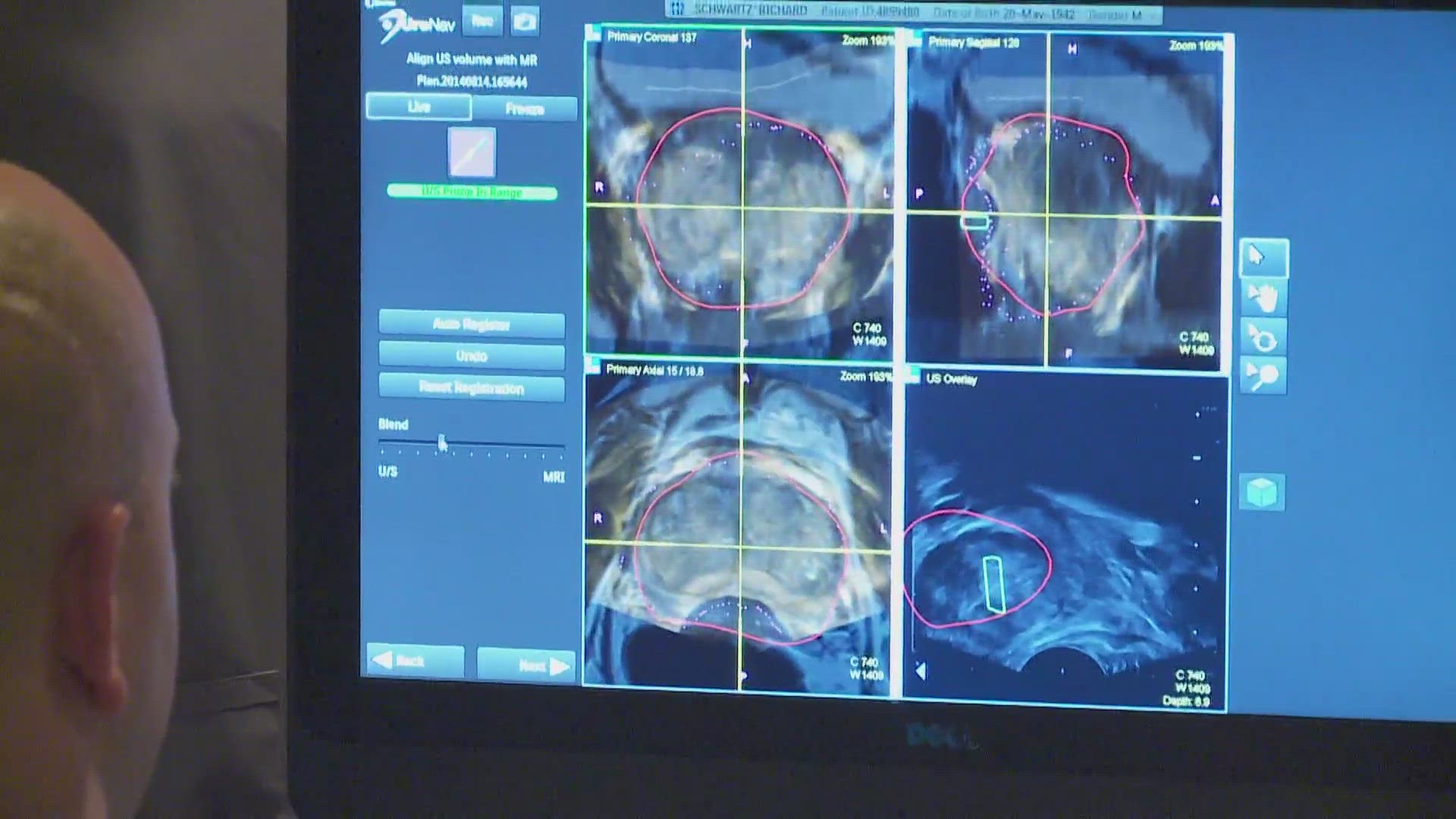NEW ORLEANS — New medical information on prostate cancer will transform treatment for men with the illness.
A local doctor was asked to weigh in on the game-changing study out of England and has the latest on the new advice for men.
“It is shifting the standard of care, and rather dramatically actually,” said Dr. Oliver Sartor, an oncologist at Tulane and Laborde Professor of Cancer Research.
Prostate cancer specialist Dr. Sartor says the study in the New England Journal of Medicine followed men with low-grade prostate cancer. Some were just watched, while some got radiation treatment, and others had surgery.
“After 15 years, there was no difference in the mortality rate between observation, radiation, and surgery. The men who have these low-grade cancers do not benefit from radiation do not benefit from surgery. They get the side effects of the treatments without the benefit.”
Dr. Sartor said the updated way of treating patients can keep men from those side effects.
“Radiation and surgery can cause trouble, not only with urinary incontinence, but sexual dysfunction, and I think sexual dysfunction is not often talked about enough,” he said.
Because of his expertise, Dr. Sartor was asked to give his opinion in the New England Journal of Medicine. He says the former way of treating men with low-grade prostate cancer was to do a biopsy.
“The current paradigm is if the PSA is elevated, get an MRI, say a PSA of less than 10. If the MRI shows nothing, then we don't get a biopsy. And what that does is decrease the number of men who have biopsies, but the interesting thing is by doing it this way, you really don't miss the cancers that need to be treated,” he explained.
Dr. Sartor said if a biopsy is needed, now the genetics of the tumor can be diagnosed to see how aggressive the cancer is. Technology is transforming treatment.
“We're better positioned today to treat these patients in the right way, to personalize treatment, rather than treating everybody the same way.”
And that is because some men have the kind of prostate cancer they can live with, while others need more aggressive treatment.
The doctor recommends finding care at a center that specializes in prostate cancer and getting a second opinion.
African-American men, and any men with a family history, should start getting annual screenings as young as 40 years of age.
► Get breaking news from your neighborhood delivered directly to you by downloading the new FREE WWL-TV News app now in the IOS App Store or Google Play.

